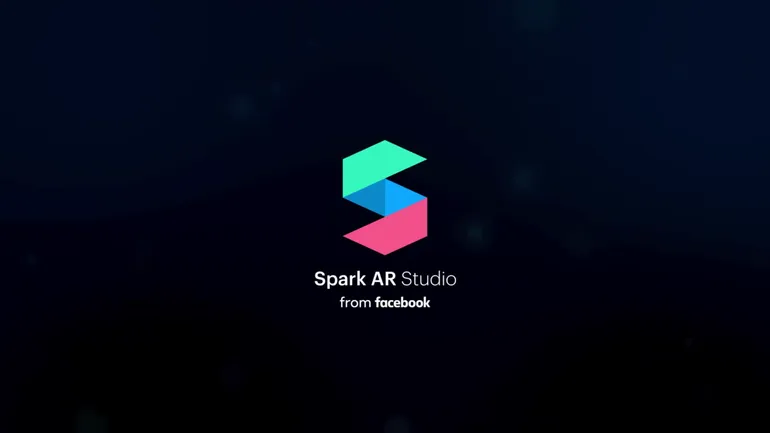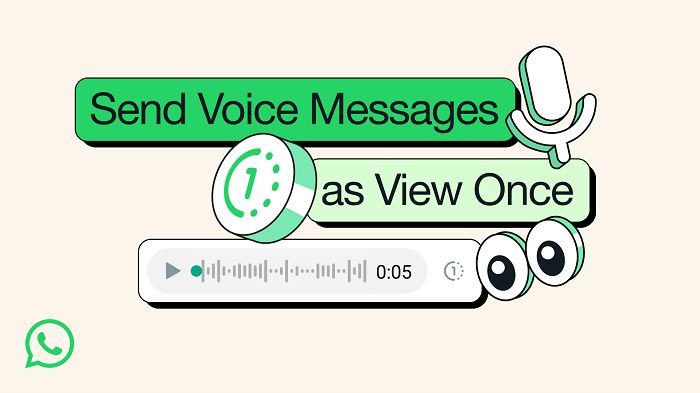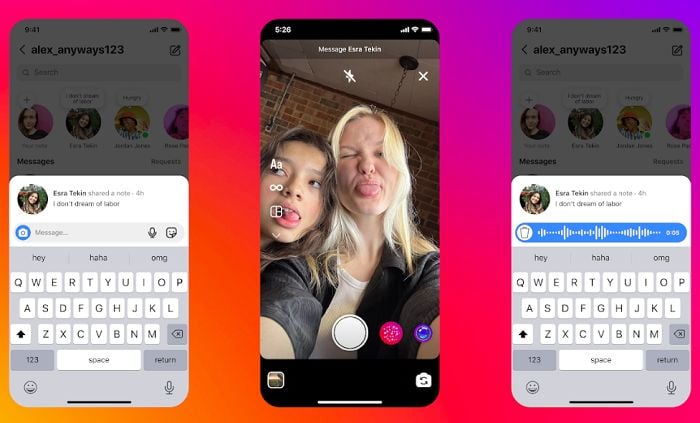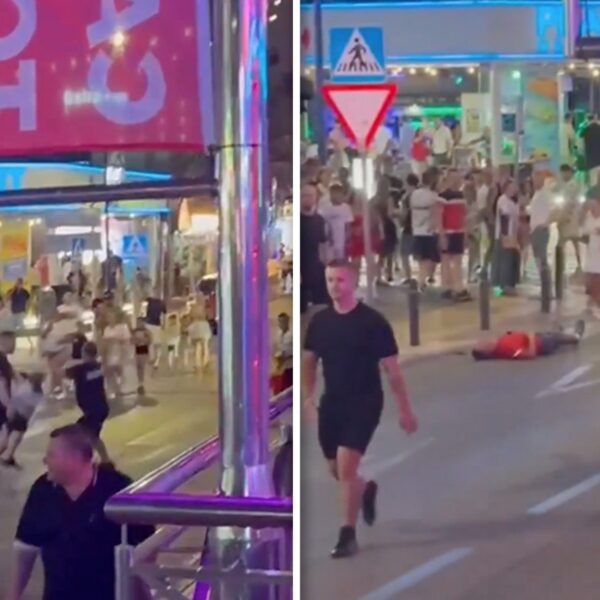This seems like a little strange.
Today, Meta has announced that it’s shutting down its Spark AR Studio platform, which enabled creators and brands to build their own AR effects, that could then be used across Meta’s apps.
Originally launched back in 2017, Meta’s Spark AR platform has enabled hundreds of thousands of creators to develop AR effects. Indeed, back in 2020, Meta reported that Spark had grown to become “the largest platform for mobile AR,” with more than 400,000 creators, from 190 countries, publishing millions of AR experiences for Facebook and Instagram.


But now, as Meta moves closer to launching its own, more advanced AR experiences, with the company set to showcase its latest AR glasses next month, it’s made the decision to shutter the AR creation app.
As per Meta:
“Following a thorough assessment, we have made the decision to shut down Meta Spark’s platform of third party tools and content, effective Tuesday, January 14, 2025. This means that the Augmented Reality (AR) effects built by third parties – including brands and our wider community of AR Creators – will no longer be available beginning on this date.”
Which is important to note for brands. While not many brands have built their own AR campaigns for Facebook and IG, for those that have, they’ll be disabled as of January.
“Meta will continue to support Meta Spark and third-party effects until January 14, 2025. Any campaigns using AR effects that start and end before this date should not be impacted. Please note third-party effects will no longer be available after January 14, 2025, which will impact any campaigns using third-party AR effects beyond that date.”
So why, on the brink of a new era of AR and mixed reality, is Meta moving away from user-generated experiences?
Well, there’s not really a clear answer as yet.
In its explainer notes on the decision, Meta says that it remains committed to its metaverse vision, which includes its AR glasses and experiences.
“Meta is committed to our long-term investments in new computing platforms that will bring us beyond today’s 2D experiences on mobile. With the decision to shut down the Meta Spark platform, we’re also shifting resources to the next generation of experiences, across new form factors like glasses.”
So Meta’s looking to new forms of creation for its AR glasses, but it seems like it should be facilitating expanded third party creation within this push, as opposed to locking people out.
I mean, Snapchat has repeatedly touted the success of its AR creation platform, which has enabled more than 330,000 creators to create over 3.5 million Lenses, that have been cumulatively viewed over 9 trillion times in the app.
Many of those creations have gone on to become viral hits, which have then helped to attract more users to the platform through expanded reach and exposure.
Which seems like it would be a winner for Meta’s AR experiences as well, so it seems odd that Meta’s decided to shelve the project, as opposed to building on it, and giving more creators more ways into these next-level experiences.
My guess would be that Meta’s developing more advanced AR creation tools, which will enable anybody to build their own AR experiences, with generative AI becoming the key creation engine, as opposed to expanded development knowledge.
That’ll likely replace Spark as the platform’s next gen AR and VR creation process, and maybe, Meta’s decided that it’s better off re-creating the whole system, as opposed to reforming what Spark currently is.
But the decision has annoyed many AR creators, who’ve been able to generate income from their Spark AR creations. Now, they’ll have to revert to other apps instead, and with Meta not yet revealing details of a potential replacement, that’ll leave many of them out in the cold.
Unless Meta’s replacement creation platform is actually launched before January next year.
Maybe we’ll hear more about this at its “Connect” conference next month, because right now, it seems strange that Meta’s seemingly scaling back its AR tools, as its need for both creators and advanced experiences ramps up.
Meta says that campaigns using Spark and third-party AR Effects can continue to use these tools until January 14, 2025.














